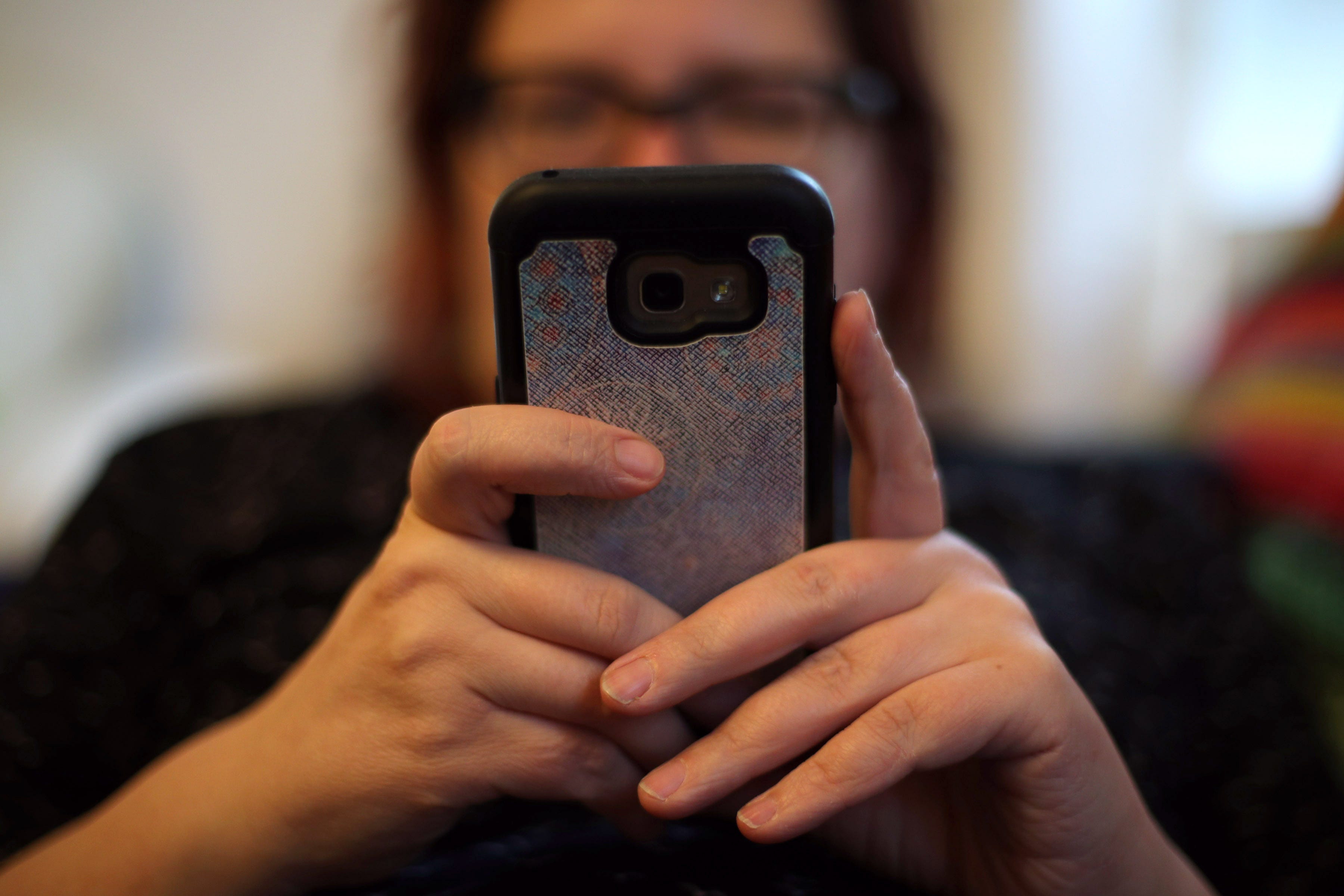Millions of calls from abroad to be blocked under new crackdown
BT already prevents up to one million calls per day
Millions more calls from abroad, which use spoofed UK landline numbers, are to be blocked under a new crackdown.
Companies will now have to identify and block calls from abroad which falsely display a UK telephone number as a “presentation number” under strengthened guidance from Ofcom.
A common tactic used by criminals to defraud victims is to imitate or “spoof” phone numbers from a trusted person, organisation, or government department, so their calls are more likely to be answered.
Fraudsters based abroad often spoof UK numbers, knowing people are more likely to answer them than if an unknown international number is displayed.
Ofcom said evidence suggested that the new blocking measures would have a significant impact on protecting the public from scam calls.
BT had already prevented up to one million calls per day from entering its network within the first month of implementing the measures on a voluntary basis, and Ofcom said its guidance would ensure it became standard practice across the industry.

The regulator is also seeking views on the effectiveness, costs, risks and timescales of different technical solutions to tackle scam calls from abroad which spoof UK mobile numbers.
Its current rules do not require operators to block all calls from abroad with +447 numbers in order to ensure that genuine calls from UK callers roaming abroad get through.
Ofcom’s latest research shows many consumers are still receiving suspicious calls and texts, but there are signs of a decline, it said.
In 2024, just under half of UK landline users (48%) said they had received a suspicious call in the last three months, down from 56% in 2021.
Mobile users also reported a decrease in receiving suspicious calls, from 45% to 39% over the same period.
Mobile users are most likely to receive a suspicious text message, although this has also fallen from 74% in 2021 to 56% in 2024.
Lindsey Fussell, Ofcom’s group director for networks and communications, said: “Criminals who defraud people by exploiting phone networks cause huge distress and financial harm to their victims.
“While there’s encouraging signs that scam calls and texts are declining, they remain widespread and we’re keeping our foot to the throttle to find new and innovative ways to tackle the problem.
“Under our strengthened industry guidance, millions more scam calls from abroad which use spoofed UK landline numbers will be blocked, with similar plans underway for calls which spoof UK mobile numbers.
“We’re also challenging the industry and other interested parties to provide evidence on the best solutions to tackle mobile messaging scams.”
Bookmark popover
Removed from bookmarks